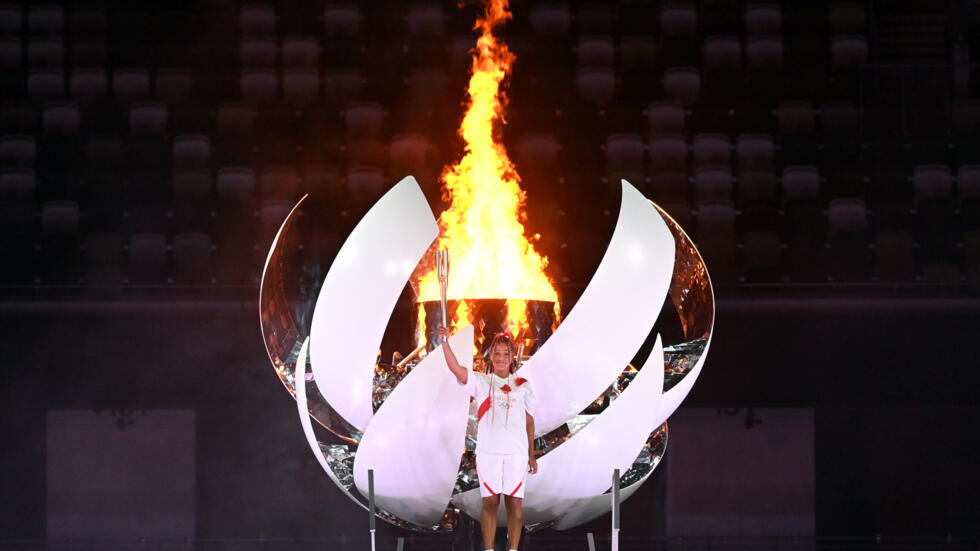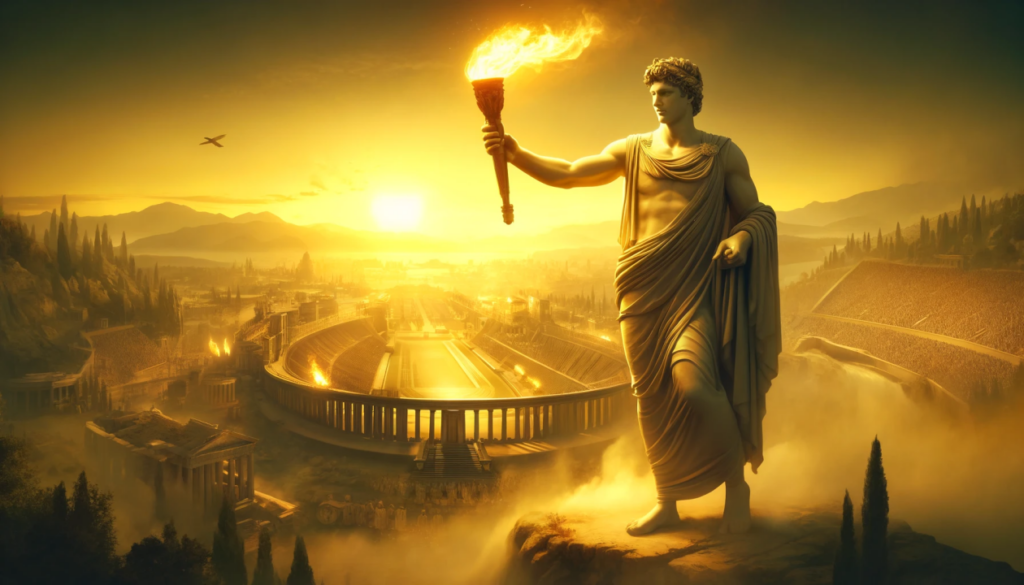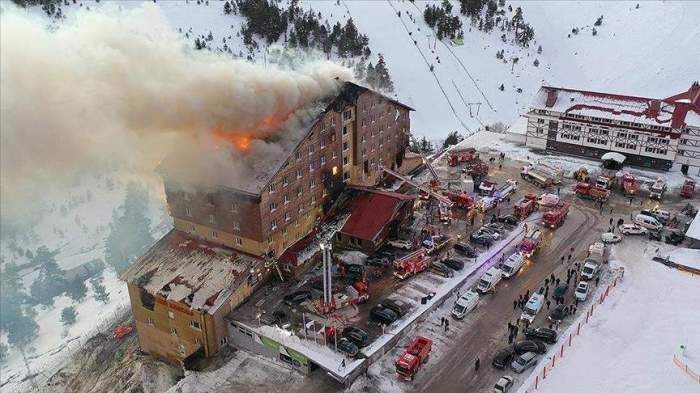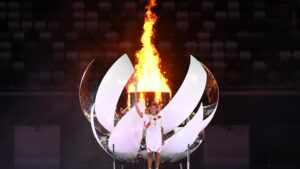The Flame That Unites: The Story of the Olympic Games
The Olympic Games stand as one of humanity’s most enduring traditions, a celebration of athletic excellence and international unity. From their ancient origins to the modern spectacle that captivates billions, the Olympics are more than just a sporting event; they are a symbol of perseverance, peace, and the shared dreams of people around the world.

The Ancient Beginnings
The story of the Olympics begins in ancient Greece, where the Games were first held in 776 BCE in Olympia. Dedicated to Zeus, the king of the Greek gods, the Olympics were a sacred festival combining religious rituals with athletic competition. Athletes from city-states across Greece competed in events such as running, wrestling, and chariot racing, striving for glory and the prized olive wreath.
These early Games were more than mere contests of strength and speed; they were a unifying force in a fragmented world. Despite frequent wars among Greek city-states, the Olympic truce ensured safe passage for athletes and spectators, fostering a spirit of camaraderie and mutual respect.
The Modern Revival
The ancient Games were abolished in 393 CE, but their legacy lived on. In the late 19th century, a Frenchman named Pierre de Coubertin envisioned a revival of the Olympics as a means to promote peace and understanding among nations. His dream became reality in 1896 with the first modern Olympic Games held in Athens, Greece.
The modern Olympics introduced new events and welcomed participants from around the globe. From just 14 nations in 1896, the Games have grown to include over 200 countries, showcasing the incredible diversity of human talent and culture.

Symbols of Unity
Central to the Olympic Games are its symbols, each carrying profound meaning. The Olympic rings, introduced in 1913, represent the five continents and the unity of the world’s nations. The Olympic flame, ignited in Olympia and carried to the host city via a torch relay, symbolizes the eternal spirit of competition and the connection between the ancient and modern Games.
The opening ceremony, with its parade of nations, is a powerful moment that brings together athletes from all corners of the globe. Despite differences in language, culture, and ideology, the athletes march under their respective flags, embodying the Olympic motto: “Faster, Higher, Stronger – Together.”
Moments That Inspire
The Olympics have witnessed countless moments of triumph, courage, and humanity. Jesse Owens’ four gold medals in Berlin 1936 shattered racial barriers, while Nadia Comăneci’s perfect 10 in Montreal 1976 redefined gymnastics. The Games have also provided a platform for powerful statements, such as the Black Power salute by Tommie Smith and John Carlos in 1968, highlighting the fight for civil rights.
Challenges and Resilience
The Olympics have faced challenges, from political boycotts to financial crises and even postponements, as seen in Tokyo 2020 due to the COVID-19 pandemic. Yet, the Games endure, adapting and evolving while staying true to their core mission: uniting the world through sport.
A Legacy of Hope
Today, the Olympics continue to inspire new generations. They remind us of the power of sport to break down barriers, foster understanding, and celebrate the incredible potential of humanity. Each athlete’s journey to the Games is a testament to resilience and determination, and every competition is a reminder of what can be achieved when we strive together.
The Olympic flame burns brightly, not just in the arenas and stadiums, but in the hearts of all who believe in the values of excellence, friendship, and respect. It is truly the flame that unites.













Post Comment